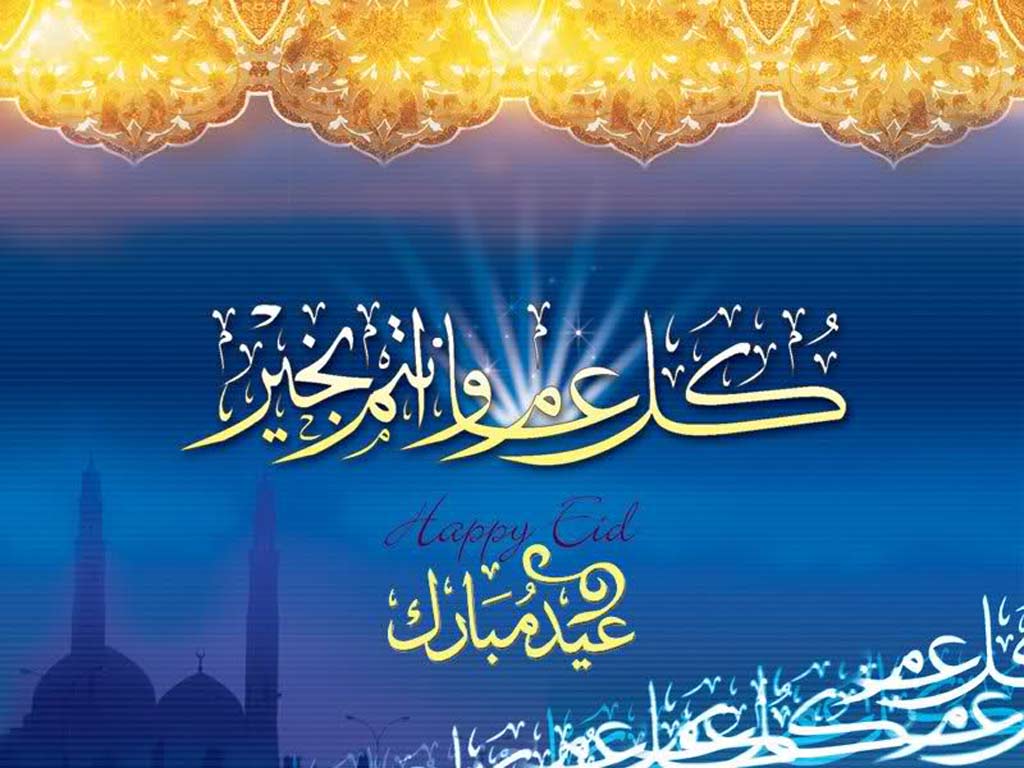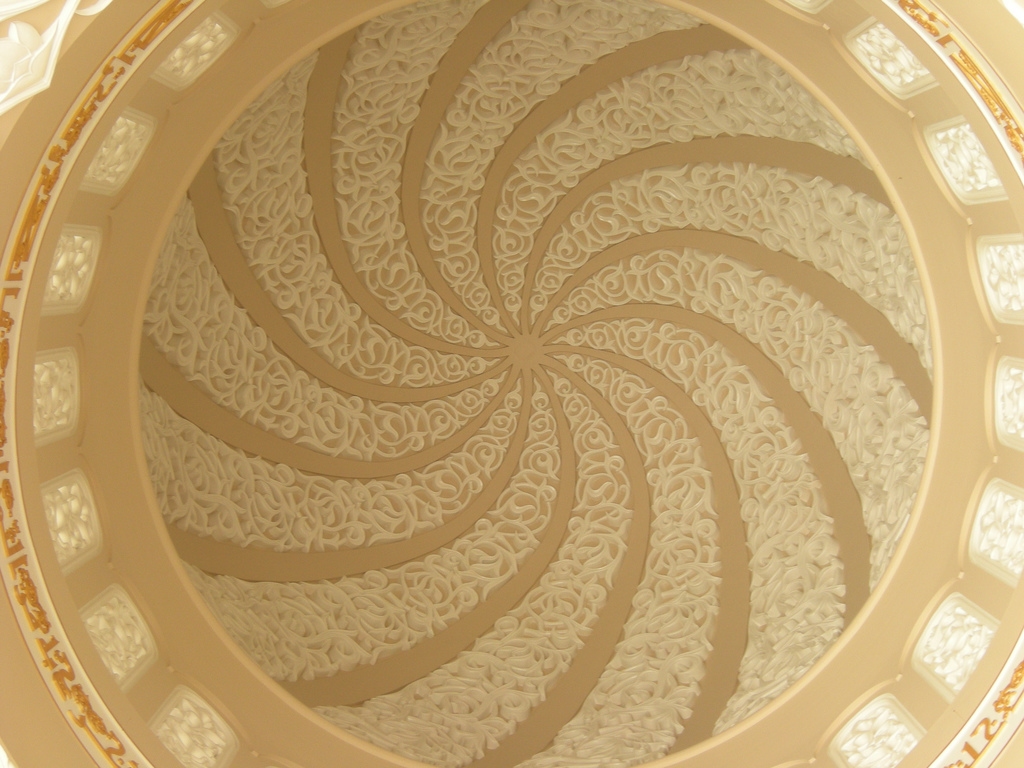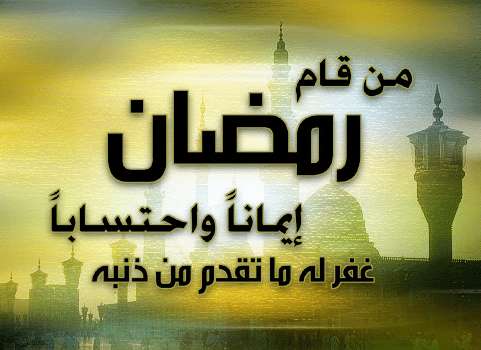Give It a Second Thought: Guidelines on How to Approach Seemingly Problematic Hadīth
Give It a Second Thought: Guidelines on How to Approach Seemingly Problematic Hadīth
By Muntasir Zaman
“The example of the intellect is sight free of defects and illnesses, and the example of the Qur’ān is the sun with rays spread-out. Hence, the seeker of guidance that dispenses with one of them in lieu of the other is most fit to be included in the deluge of fools. The one turning away from the intellect, sufficing with the light of the Qur’ān, his example is one exposed to the light of the sun, while closing the eyelids, so there is no difference between him and the blind. Thus, the intellect with the sharī‘ah is light upon light. The onlooker with an eye blind to one of them specifically is drawn in by a deceptive rope.”
– Imām al-Ghazālī (d. 505 AH) [1]
In numerous places, the Qur’ān calls on man to use his intellect and to contemplate over the perfection of Allah’s creation. Allah says, “We have certainly sent down to you a Book in which is your mention. Then will you not reason?”[2] In other verses, the Qur’ān reprimands those who do not use their reasoning, such as, “But those who disbelieve invent falsehood about Allah, and most of them do not reason.”[3] Therefore, there exists no incongruity between reason and revelation; rather, reason leads one to appreciate and understand revelation.[4] But it should be ensured that the reasoning is sound and the revelation is authentic.[5]
From the formative period of Islamic history, scholars have written books to address apparently contradictory hadīths, a field known as Mukhtalif al-Hadīth,[6] and hadīths that seem to conflict with other evidences or external realities, a field known as Mushkil al-Hadīth.[7] In this regard, Muhammad ibn Idrīs al-Shāfi’ī (d. 204 AH) authored Ikhtilāf al-Hadīth,[8] regarded as one of the earliest works on the subject, Ibn Qutaybah al-Dīnawarī (d. 276 AH) authored his pioneering monograph Ta’wīl Mukhtalif al-Hadīth, Abū Ja‘far al-Tahāwī (d. 321 AH) authored his peerless compendium Sharh Mushkil al-Āthār,[9] and Abū Bakr Ibn Fūrak (d. 406 AH) authored his masterpiece Mushkil al-Hadīth wa Bayānuhū (Allah have mercy on them all). Scholars have also dealt with narrations of this nature in their Hadīth commentaries. Abū Bakr Ibn Khuzaymah (d. 311 AH), a leading authority in Hadīth, states, “I am unaware of any two authentic narrations of the Prophet that are contradictory. If anyone comes across such narrations, let him bring it to me so that I can reconcile between them.”[10]
The surge of criticism in recent times towards supposedly problematic hadīths has arisen because critics claim that these reports are absurd, unscientific, impossible, or contradictory. Many of the narrations that have been cast into the spotlight for allegedly problematic content were already discussed in detail by the greatest Islāmic minds. The difference, however, between classical Muslim scholars and modern critics is the perspective with which the two groups view the objection. Traditional scholars were not oblivious to scientific realities nor were they blind to logical fallacies. They were simply more charitable in their readings of scriptural texts whereas modern critics are not willing to do so.[11]
It will be beneficial to keep a few broad guidelines in mind when dealing with narrations of this nature. By no means are these guidelines meant to be exhaustive. But keeping them in mind can help to provide a more charitable reading of hadiths that may appear problematic.
First, when a Muslim believes that the Prophet (peace and blessings be upon him) received information concerning the unseen, how could he reject something authentically attributed to him only because it apparently seems far-fetched? If a hadith describes how Shaytān interferes with humans, for example, how can a Muslim, who accepts that the Prophet receives information regarding the unseen, reject it under the pretext that it is absurd when it is describing something beyond the limitation of his intellect? To understand this point better, it should be noted that there are primarily three sources from which people acquire knowledge: the sound senses (al-hawās al-salīmah), the intellect (al-‘aql), and true information (al-khabr al-sādiq).[12]
The first source is the five senses i.e. hearing, seeing, smelling, tasting, and touching. We use these senses to perceive the world around us; each sense within its scope of limitation. If someone tries to use a particular sense out of it its limitation e.g. he tries to smell with his sense of touch, he will be regarded as a fool. The second source is the intellect. We can feel the smoothness of silk with our sense of touch and smell the fragrance of musk with our sense of smell. But none of these senses can help us to determine how they were prepared, simply because this knowledge is beyond the limitation of the five senses. This is where our reason comes in and guides us. Just like the five senses, the intellect also has its limitation. The third source is true information, the most important being divine revelation. Divine revelation goes beyond the scope of the intellect.[13] It would thus be foolish to reject divine revelation merely based on our intellect because divine revelation is beyond the jurisdiction of the intellect. This does not mean that revelation is illogical or that it lacks wisdom. Rather, it shows how we should not weigh revelation solely on a scale as limited and subjective as the intellect.
Second, it is imperative to understand what is authentically reported from the Prophet (peace and blessings be upon him) in its correct context. ‘Alī ibn Abī Tālib and ‘Abd Allah ibn Mas‘ūd (Allah be pleased with them) said, “If you are told a hadith from the Prophet (peace and blessings be upon him), think of it what is most fitting, most pious, and best guided.”[14] The Prophet’s practices are to be contextualized in view of his social context. It would be unfair for a critic to object to a particular practice or statement of the Prophet (peace and blessings be upon him) regarding it as absurd simply because it is considered such in the critic’s social milieu.
Third, at times narrations seem contradictory or seem to conflict with reality, but there exists a plausible explanation by providing a figurative reading. Arabic is a rich language with numerous linguistic tools that need to be kept in mind to understand it fully. To interpret the sayings of the Prophet without considering the tools of rhetoric can be misleading, especially when the use of figurative speech is common in Arabic. We can understand this in light of many verses of the Qur’ān, which will not portray the intended meaning if interpreted literally. For instance, Allāh mentions, “They have forgotten Allāh, so He has forgotten them.”[15] Obviously, forgetfulness is a deficiency, and Allāh is free from all deficiencies. The meaning of the verse, therefore, is that Allāh will abandon those who have forgotten Him.[16] Similarly, the Prophet said, “Two months of ‘Īd never fall short: Ramadān and Dhū al-Hijjah,” which apparently means that these two months will never fall short of thirty days, a meaning which contradicts reality. However, it is interpreted figuratively to mean that these two months will never fall short of spiritual value even though the days are twenty-nine.[17]
Fourth, it is essential to make a distinction between what is impossible (mustahīl) and what is unlikely (mustaghrab). Impossibility is a quality inherent in a thing itself and can never come into existence; a circle can never take the shape of a square. On the other hand, unlikelihood is relative as it is due to the limitations of one’s reason.[18] Not so long ago, it was considered unlikely for someone to travel from one country to another in a short span of time and impossible for anyone to reach the moon. However, due to technological advancements, the achievement of such feats is now easily comprehensible. As such, if an authentic hadīth describes something which according to our understanding seems unlikely, it is incorrect to discard it as an impossibility. And as Khalīl Mullā Khātir aptly pointed out, “It seems that skeptics of Hadith have confused what is impossible with what is inconceivable or unacceptable to the Western worldview.” [19]
These guidlines will help to provide a plausible explanation the next time a person objects to the contents of a hadīth authentically attributed to the Prophet (peace and blessings be upon him). As mentioned earlier, the same hadiths modern critics regard as problematic have already been dealt with by classical Muslim scholars. However, while the classical Muslim scholar was willing to provide a more charitable reading of the hadith, the modern critic, on the other hand, is not willing to give it a second thought.
[1] Al-Ghazālī, al-Iqtisād, p.66
[2] Sūrat al-Anbiyā’, verse 10
[3] Sūrat al-Mā’idah, verse 103
[4] See al-Ghazālī, Qānūn al-Ta’wīl, p.9
[5] See Fūdah, al-Sharh al-Kabīr, vol.1, pp.38-40
[6] When vowelized as Mukhtalif al-Hadīth (active participle) it refers to the conflicting hadīths, and when vowelized as Mukhtalaf al-Hadīth (infinitive) it refers to the difference between the apparently contradictory hadīths. See Khayyāt, Mukhtalif al-Hadīth bayn al-Muhaddithīn wa al-Usūliyyīn wa al-Fuqahā’, pp.25-26
[7] Abū Shuhbah, al-Wasīt fī ‘Ulūm wa Mustalah al-Hadīth, pp.442-443
[8] On whether Ikhtilāf al-Hadīth is an independent work or part of al-Umm, see: al-Sūsah, Manhaj al-Tawfīq wa al-Tarjīh, pp.32-34
[9] On the correct title of Imam al-Tahāwī’s book, see al-‘Awnī, al-‘Unwān al-Sahīh li al-Kitāb, pp.64-65
[10] Al-Baghdādī, al-Kifāyah, pp.432-433
[11] See Brown, The Rules of Matn Criticism, pp.360, 390-391
[12] Al-Nasafī, al-‘Aqīdah al-Nasafiyyah, p.2
[13] See ‘al-Uthmānī, Discourses on Islāmic Way of Life, p.30
[14] Sunan Ibn Mājah, no.19, no.20. For an important clarification, see: Ibn al-Muflih, al-Adāb al-Shar‘iyyah, vol.2, p.309
[15] Sūrat al-Tawbah, verse 67
[16] Ibn Kathīr, Tafsīr Qur’ān al-‘Ażīm, vol.4, p.174
[17] Al-Tirmidhī, al-Sunan, vol.2, p.68, no.692; cf. Brown, Misquoting Muhammad, pp.79-83, 89-91.
[18] See al-Sibā’ī, Al-Sunnah wa Makānatuhā fi al-Tashrī’ al-Islāmī, pp.51-52; cf. Mullā Khātir, al-Isābah fī Sihhat Hadīth al-Dhubābah, p.101
[19] Mullā Khātir, al-Isābah fī Sihhat Hadīth al-Dhubābah, p.102; cf. Brown, The Rules of Matn Criticism, p.393-394





